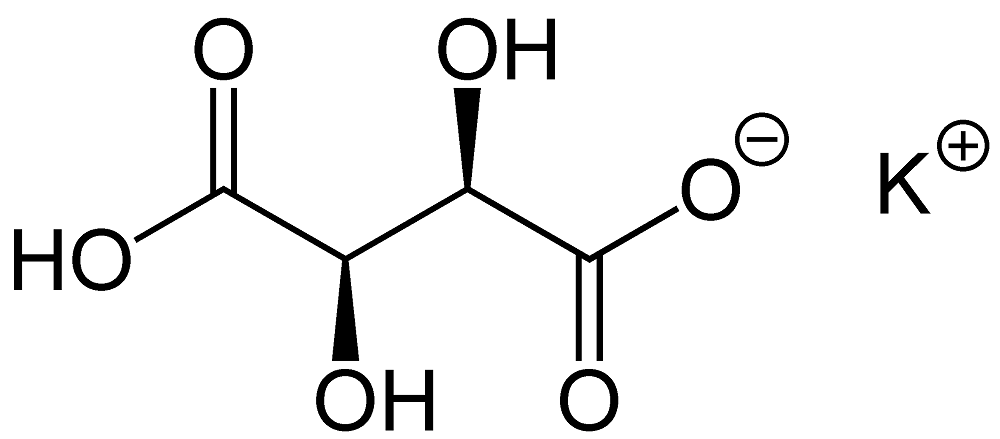
Calcium sulfate is an ionic compound whose chemical formula is CaSO4. Under standard conditions for temperature and pressure, calcium sulfate exists as a white solid. This compound does not have any characteristic odour. Plaster of Paris is a commercially important hydrate of calcium sulfate. Plaster of paris chemical formula can be written as CaSO4.½H2O. Some important properties and uses of calcium sulfate are listed in this article.
Physical and Chemical Properties of Calcium Sulfate
Anhydrous calcium sulfate has a molar mass of 136.14 grams per mole. In its hemihydrate form, the molar mass of this compound corresponds to 145.15 grams per mole. The dihydrate of calcium sulfate has a molar mass of 172.172 grams per mole. The density of this compound (in its anhydrous state) is 2.96 grams per cubic centimetre. The dihydrate has a relatively lower density (2.32 grams per cubic centimetre).
Calcium sulfate is not very soluble in water; its solubility corresponds to 2.1 grams per litre at a temperature of 20oC (in the anhydrous state). The solubility of the dihydrate of calcium sulfate in water (at 20oC) corresponds to 2.4 grams per litre.
The acid dissociation constant of anhydrous calcium sulfate corresponds to 10.4 (the pKa of the dihydrate is 7.3).
Uses of Calcium Sulfate
The hydrates of calcium sulfate are widely used in the food industry as coagulants. When mixed with small amounts of cobalt (II) chloride, this compound serves as a moisture indicator. Anhydrous calcium sulfate can also be used in the industrial production of sulfuric acid. Calcium sulfate is also used in the construction industry for the production of stucco. To learn more about calcium sulfate and other important classes of chemical compounds (such as complex carbohydrates), subscribe to the BYJU’S YouTube channel and enable notifications.



